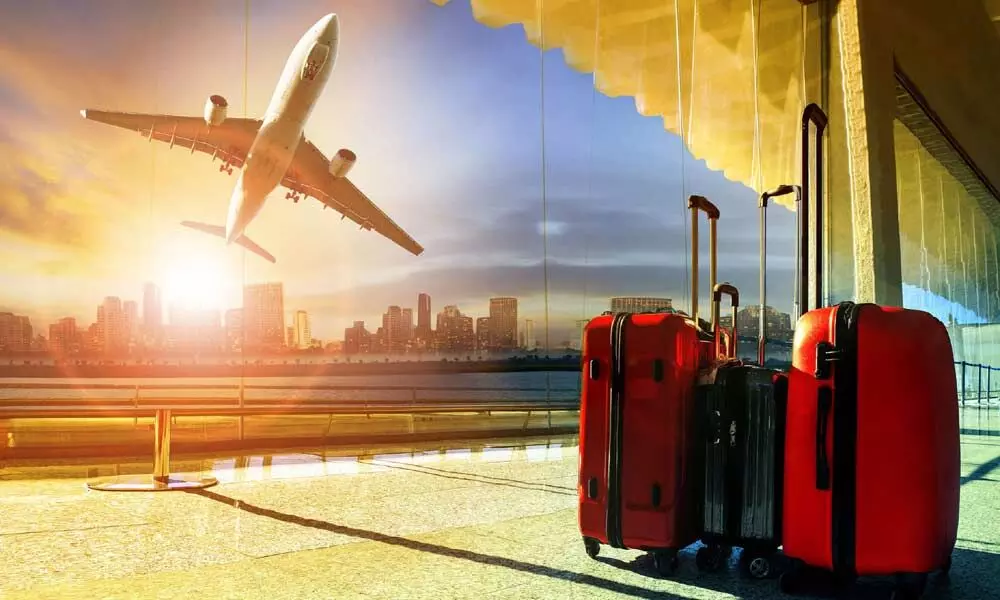How India can emerge as wellness destination post Covid?
image for illustrative purpose

Wellness tourism and travel has been defined as "associated with the goal of maintaining or enhancing one's personal well-being and includes the pursuit of physical, mental, spiritual or environmental 'wellness' while travelling for either leisure or business." An important part of the allure of the segment is interaction with a well-preserved and protected natural environment and local cultural heritage.
Those destinations, both at the national and sub national levels, that have strategies in place will be best positioned to leverage and further develop their wellness tourism segments for the benefit of their entire economies and work to maximize sustainability.
India should develop coordination between traditional and western health tourism. The country should set up a quality assurance system for wellness and traditional health systems.
Among wellness travelers, spa destinations and activities are one of the fastest-growing segments of wellness tourism. GWI estimated that, in 2017, there were over 149,000 spas globally, earning $93.6 billion in revenues and employing nearly 2.5 million workers. This segment grew 9.9 per cent annually from 2015 to 2017 and is projected to reach $128 billion by 2022.
The GWI estimates the total wellness economy at $4.5 trillion, which includes the $639 billion generated from wellness tourism.
Beyond wellness tourism, the key sectors and economic impacts highlighted by the GWI include: personal care, beauty, and antiaging ($1,083 billion); healthy eating, nutrition, and weight loss ($702 billion); fitness and mind-body ($595 billion); preventive and personalized medicine and public health ($575 billion); traditional and complementary medicine ($360 billion); wellness lifestyle real estate ($134 billion); spa economy ($119 billion); thermal/mineral springs ($56 billion); and workplace wellness ($48 billion).
According to the India Tourism Development Corporation (ITDC), the country could be one of the biggest beneficiaries of medical travel, due to its newfound credibility and recognition as a 'reliable and capable' medical destination. But for this to happen, the ITDC says the sector must be streamlined, organised and regulated.
People will travel to places that offer health and wellness enhancing opportunities and tourism will shift from simple spa and leisure travel to health and wellness-focused travel. The anxiety and stress due to Covid-19 can be resolved with holidays in wellness-focused places which offer the essence of these holistic therapies and spirituality and well-being. Preventive healthcare is a good way to combat diseases.
India, being a hub of holistic streams of medicine such as Ayurveda, homoeopathy, naturopathy and Tibetan medicine, stands to gain with this trend. International travellers with wellness (or health) in mind are looking for services that are based on local traditions and natural assets.

